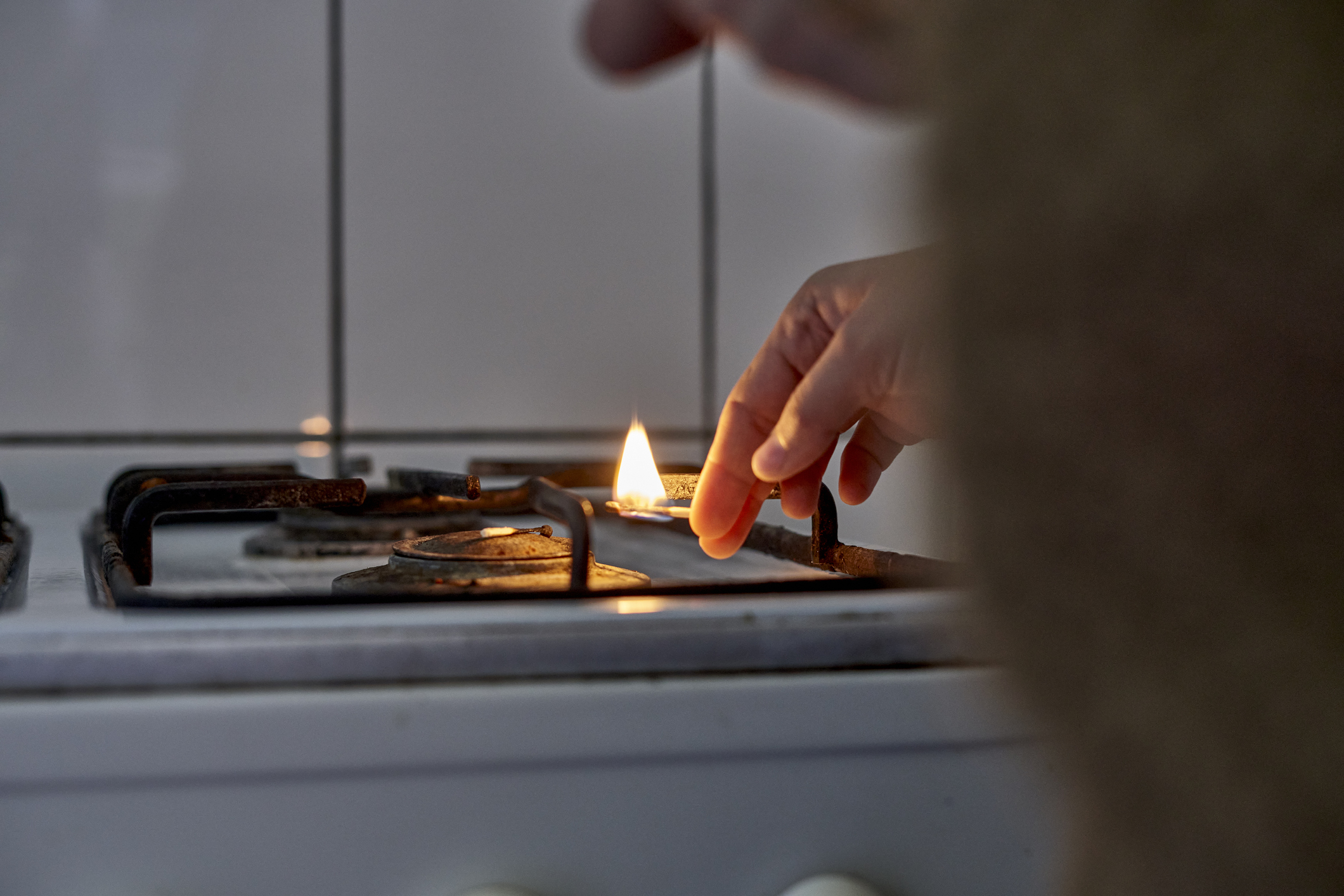
Gas stoves are coming under fresh scrutiny as a second federal agency has now stepped into the political firestorm with a proposal for new regulations for the appliances.
The Energy Department proposal, published Wednesday, sets first-of-their-kind limits on energy consumption for the stoves, drawing fear from the industry that the regulation could effectively end the use of some products from the market. The proposal also sets energy usage standards for electric cook tops and new standards for both gas and electric ovens.
The move comes just weeks after an official with the US Consumer Product Safety Commission floated the idea of a ban, igniting criticism from the gas industry and from lawmakers ranging from House Energy and Commerce Committee Chair Representative Cathy McMorris Rodgers to Senator Joe Manchin. Within days, the head of the commission clarified that the agency had no plans for a ban, and the White House issued a statement that said the president didn’t support banning the cooking products either.
“We are concerned that this is another attempt by the Federal government to use regulations to remove viable and efficient natural gas products from the market,” Karen Harbert, president of the American Gas Association, said of the Energy Department’s proposal, adding that the group will “carefully evaluate this rule in the coming weeks.”
Read more: How Gas Stoves Became the Latest Right-Wing Cause in the Culture Wars
While Alexander Hoehn-Saric, chair of the Consumer Product Safety Commission, said the agency was “not looking to ban gas stoves,” it is moving forward with a Request for Information, the first step in a potential rule making.
Natural gas stoves are used in about 40% of homes in the US. They emit air pollutants such as nitrogen dioxide, carbon monoxide and fine particulate matter at levels the EPA and World Health Organization have said are unsafe and linked to respiratory illness, cardiovascular problems, cancer and other health conditions, multiple studies have said.
The Energy Department’s proposal would reduce energy usage by about 30% relative to the least-efficient products on the market today, according to the American Council for an Energy-Efficient Economy, an environmental group. The proposed standards are based on improved cooking efficiency through the use of design options, such as an optimized burner and improved grates, and some products are already on the market that meet the requirements, the group said.
Andrew deLaski, executive director of the Appliance Standards Awareness Project, said the proposed regulation represents a standard that “today’s more efficient gas stove designs can meet.”
Read more: What the Potential Ban on Gas Stoves Means If You Have One
But groups representing the makers of ranges from companies like Whirlpool Corp. said they were alarmed by the proposal, which follows previous decisions by the Energy Department not to issue standards.
“This approach by DOE could effectively ban gas appliances,” said Jill Notini, a vice president with the Association of Home Appliance Manufacturers, a Washington-based trade group. “We are concerned this approach could eliminate fully featured gas products.”
The trade group is still evaluating the rule, but “it appears” that 95% of the market would not meet the proposed levels, Notini said.
The Energy Department said the standards, which would result in $1.7 billion in reduced energy costs, were mandated by Congress and are technologically feasible for both gas and electric cooktops.
“We are not proposing bans on either,” the department said in a statement. “Every major manufacturer has products that meet or exceed the requirements proposed today.”
More Must-Reads from TIME
- Cybersecurity Experts Are Sounding the Alarm on DOGE
- Meet the 2025 Women of the Year
- The Harsh Truth About Disability Inclusion
- Why Do More Young Adults Have Cancer?
- Colman Domingo Leads With Radical Love
- How to Get Better at Doing Things Alone
- Michelle Zauner Stares Down the Darkness
Contact us at letters@time.com